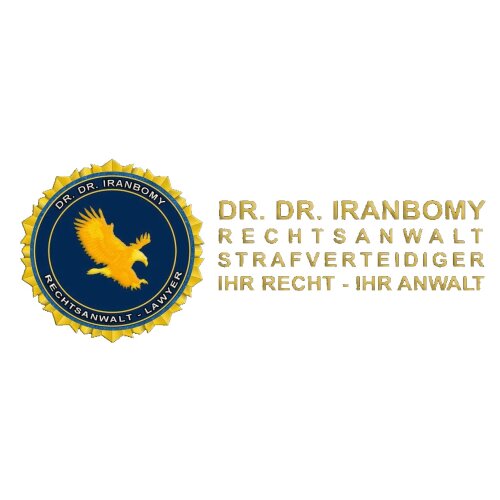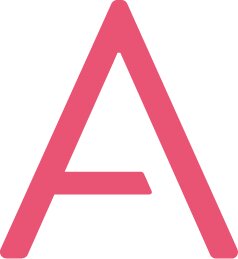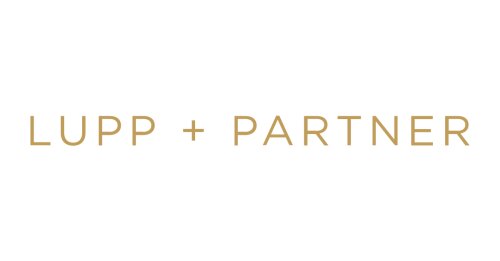Best Public-Private Partnerships (PPP) Lawyers in Frankfurt am Main
Share your needs with us, get contacted by law firms.
Free. Takes 2 min.
List of the best lawyers in Frankfurt am Main, Germany
About Public-Private Partnerships (PPP) Law in Frankfurt am Main, Germany
Public-Private Partnerships, commonly referred to as PPPs, are collaborative projects between government entities and private sector companies. These partnerships are designed to finance, construct, and operate public infrastructure or services such as roads, schools, hospitals, and utilities. In Frankfurt am Main, PPPs play a significant role in the development and maintenance of essential infrastructure, leveraging private sector investment, expertise, and innovation to deliver public services efficiently. The legal framework for PPPs in Frankfurt is shaped by both federal German law and specific local regulations that ensure transparency, fair competition, and the protection of public interests.
Why You May Need a Lawyer
Engaging in a PPP project involves complex legal, financial, and regulatory considerations. You may need a lawyer if you are:
- A private company seeking to partner with a public authority on a new infrastructure project
- A government agency in need of legal guidance throughout the PPP procurement and negotiation process
- A foreign investor who wants to understand the German legal environment surrounding PPPs
- Facing disputes or contractual issues during the operation or construction phase of a PPP
- Requiring advice on regulatory compliance, risk allocation, or contract drafting for PPP agreements
- Questioning the transparency or fairness of the procurement process
A specialized PPP lawyer can help you navigate project structuring, risk management, contract review, regulatory matters, and dispute resolution in alignment with local laws and best practices.
Local Laws Overview
Frankfurt am Main, as part of the federal state of Hesse, is governed by both national and state-specific legislation relating to PPPs. The key legal frameworks include:
- Public Procurement Laws: Establish rigorous procedures that must be followed to award PPP contracts, ensuring open competition and compliance with EU procurement directives and the German Act against Restraints of Competition (GWB).
- Concession Agreements: Govern how public authorities can grant private entities the right to finance, build, and operate public assets or services, often regulated by state provisions for such concessions.
- State PPP Acts: Hesse’s PPP guidelines outline specific procurement, risk assessment, and contract requirements for regional and municipal partnerships.
- Transparency and Anti-Corruption Regulations: Mandate strict disclosure and anti-bribery compliance throughout all stages of the PPP’s lifecycle.
Frankfurt’s local regulations may include supplemental requirements for environmental impact assessments, community engagement, and project performance monitoring to ensure public interests are upheld.
Frequently Asked Questions
What types of projects are eligible for Public-Private Partnerships in Frankfurt?
PPPs in Frankfurt typically involve infrastructure projects such as transportation (roads, tunnels, airports), schools and educational facilities, water and energy utilities, healthcare institutions, and public housing developments.
Are foreign investors allowed to participate in PPPs in Frankfurt?
Yes, foreign investors and companies are eligible to participate in PPP projects, subject to compliance with German and EU procurement laws and local qualification criteria.
How are risks typically allocated in a PPP agreement in Frankfurt?
Risks are allocated according to each party’s ability to manage them. Common risks include construction, financial, operational, and demand risks. The goal is to assign risks primarily to the party best equipped to control or mitigate them.
What is the typical duration of a PPP contract in Frankfurt?
PPP contracts typically last between 20 and 30 years, though the exact duration depends on the project’s nature, investment value, and anticipated lifecycle of the asset or service.
Who retains ownership of the infrastructure or asset in a PPP?
Ownership structures vary. In many cases, the public authority retains or regains ownership at the contract’s end, while the private partner may hold operational rights for the contract duration.
What legal due diligence should be performed before entering a PPP?
Legal due diligence involves reviewing regulatory compliance, financial viability, environmental requirements, land acquisition, project permits, tax obligations, and anti-corruption issues relevant to the project.
How can disputes arising from PPP agreements be resolved?
Most PPP contracts include detailed dispute resolution mechanisms, often favoring negotiation and mediation first, followed by arbitration or litigation in German courts if necessary.
Are there special requirements for public procurement in PPP projects?
Yes, PPPs must adhere to strict EU and German public procurement laws, which demand open tenders, detailed project specifications, and transparent selection procedures.
What are the typical financing arrangements for PPPs in Frankfurt?
Financing often combines private capital, bank loans, and sometimes government funding or guarantees. The arrangement depends on project specifics and financial risk-sharing between partners.
How can a lawyer assist throughout the PPP project lifecycle?
A lawyer can assist in project structuring, legal compliance, drafting and negotiating contracts, risk assessment, securing permits, handling disputes, and ensuring ongoing regulatory adherence.
Additional Resources
Several organizations and authorities provide support, guidelines, and oversight for PPPs in Frankfurt and throughout Germany, including:
- PPP Task Force Hesse: Regional advisory body providing guidance on state PPP projects.
- Federal Ministry for Digital and Transport (BMDV): Oversees national PPP policy and regulatory framework.
- German PPP Center (Partnerschaften Deutschland GmbH): National competence center offering information, advisory services, and best-practice case studies.
- Frankfurt Chamber of Commerce and Industry: Can offer networking and partnership facilitation for local businesses interested in PPP projects.
- Local law firms specializing in public procurement and infrastructure: Many local firms have expertise in PPP structuring and legal support.
Next Steps
If you are considering participation in a PPP project in Frankfurt am Main or require legal assistance for an ongoing partnership, here is how you can proceed:
- Identify your objectives and the specific nature of your interest or involvement in the PPP project.
- Gather all available project documents, contracts, and correspondence for review.
- Book a consultation with a local lawyer who specializes in PPPs, public procurement, or construction law.
- Discuss your goals, risks, and any questions you have during your consultation.
- Maintain transparent communications with partners and legal counsel throughout the project lifecycle.
Seeking legal advice early is crucial to avoid costly mistakes, ensure compliance, and secure the best possible outcome for your PPP undertaking in Frankfurt am Main.
Lawzana helps you find the best lawyers and law firms in Frankfurt am Main through a curated and pre-screened list of qualified legal professionals. Our platform offers rankings and detailed profiles of attorneys and law firms, allowing you to compare based on practice areas, including Public-Private Partnerships (PPP), experience, and client feedback.
Each profile includes a description of the firm's areas of practice, client reviews, team members and partners, year of establishment, spoken languages, office locations, contact information, social media presence, and any published articles or resources. Most firms on our platform speak English and are experienced in both local and international legal matters.
Get a quote from top-rated law firms in Frankfurt am Main, Germany — quickly, securely, and without unnecessary hassle.
Disclaimer:
The information provided on this page is for general informational purposes only and does not constitute legal advice. While we strive to ensure the accuracy and relevance of the content, legal information may change over time, and interpretations of the law can vary. You should always consult with a qualified legal professional for advice specific to your situation.
We disclaim all liability for actions taken or not taken based on the content of this page. If you believe any information is incorrect or outdated, please contact us, and we will review and update it where appropriate.














